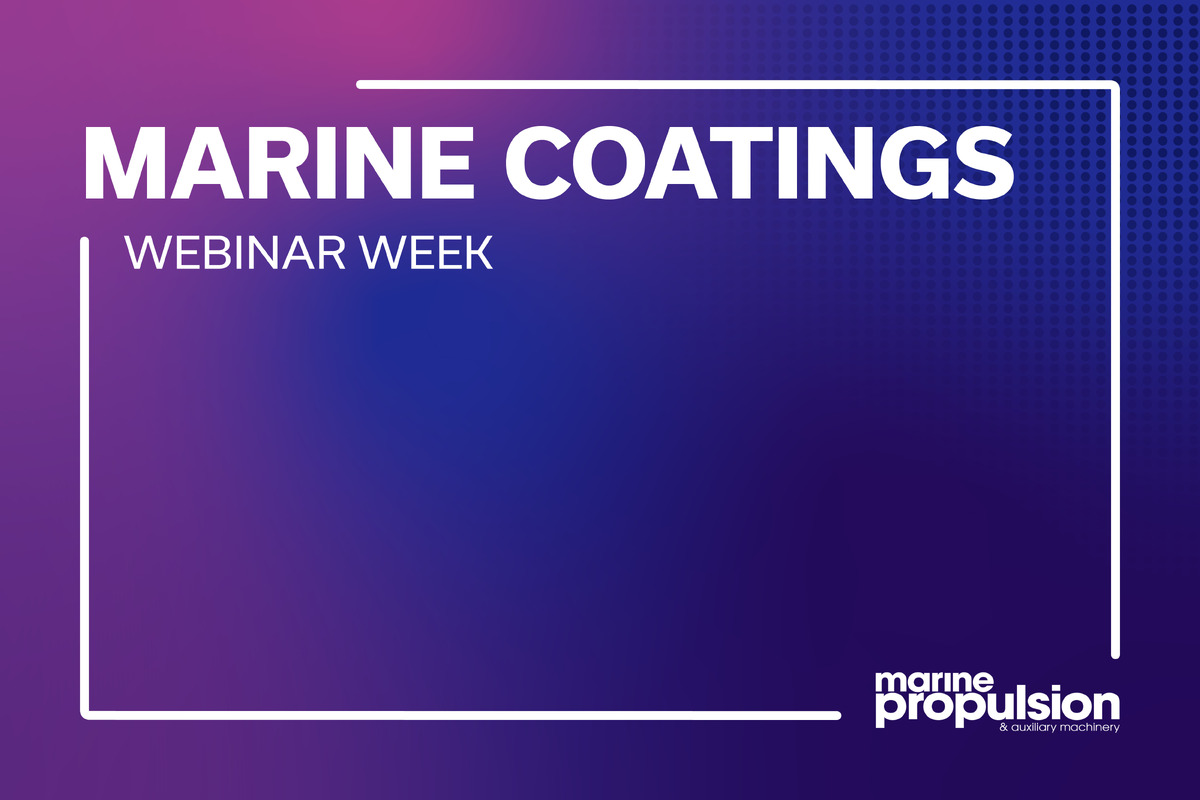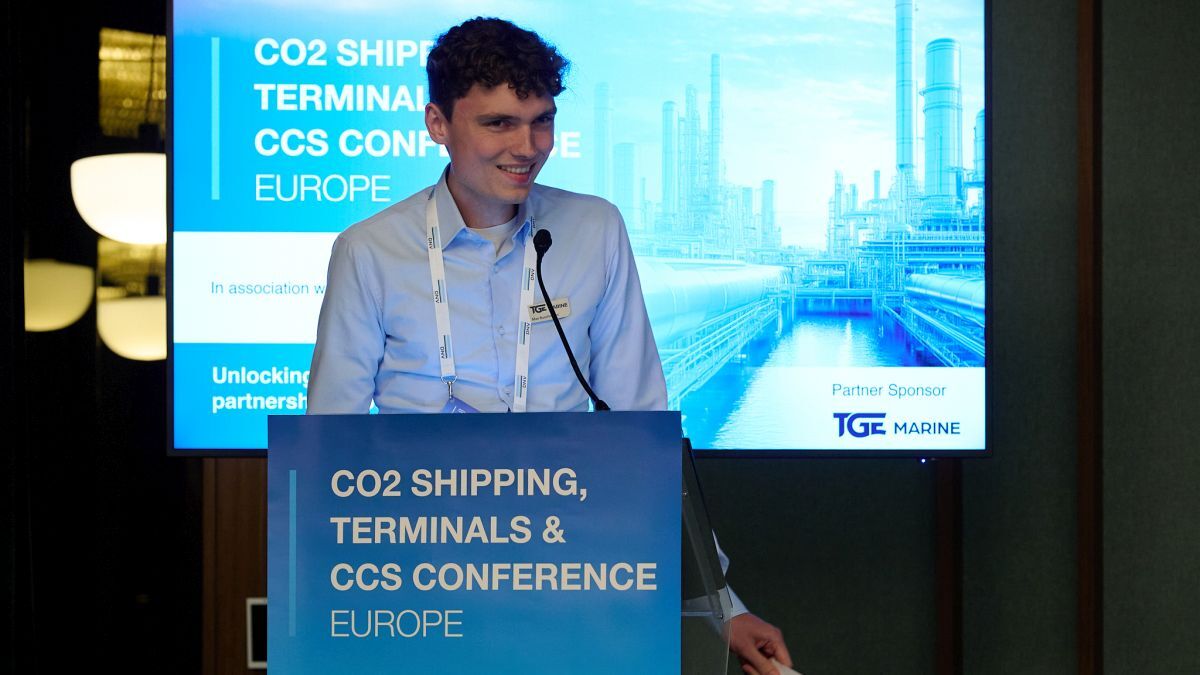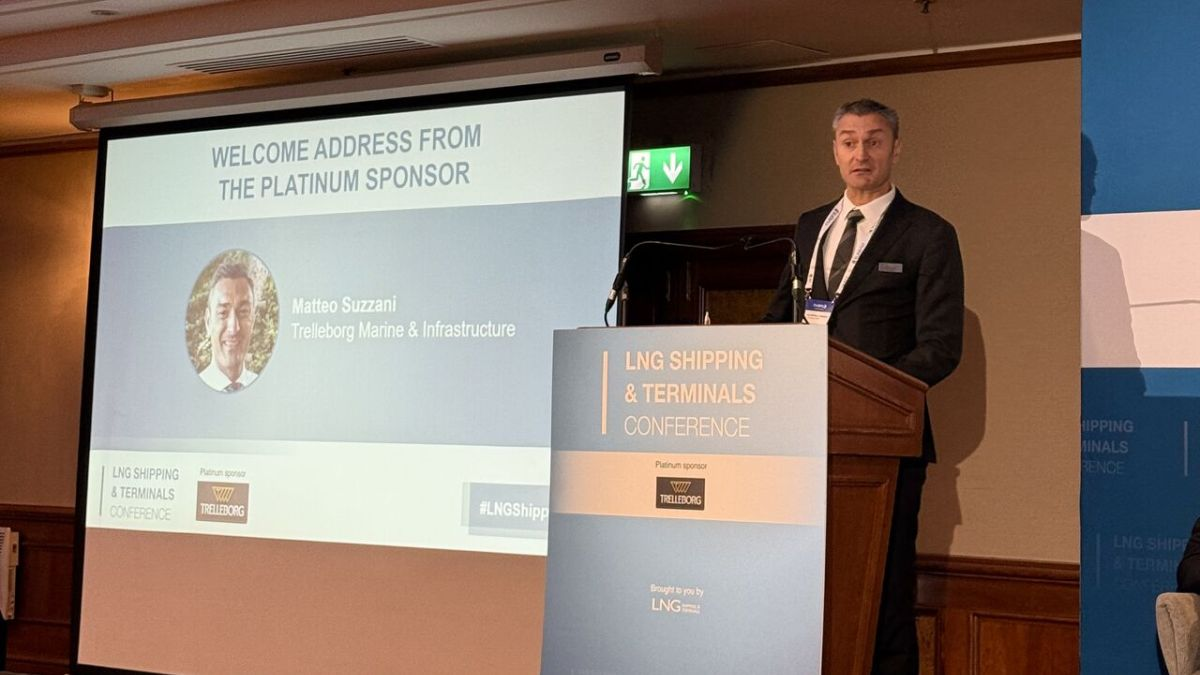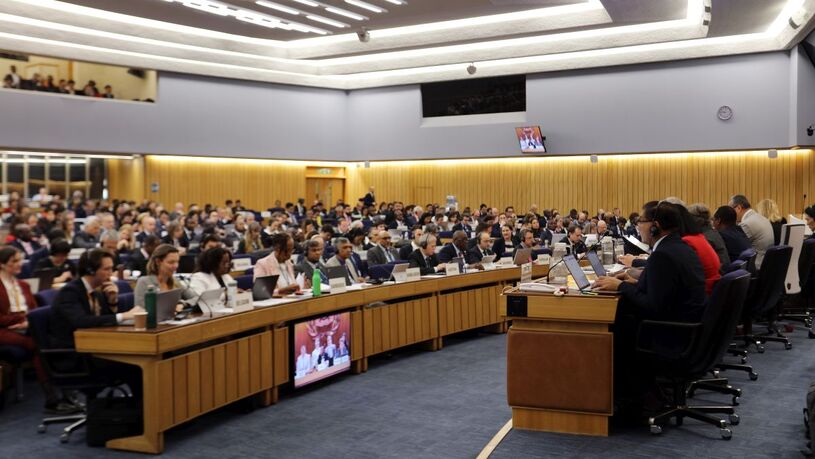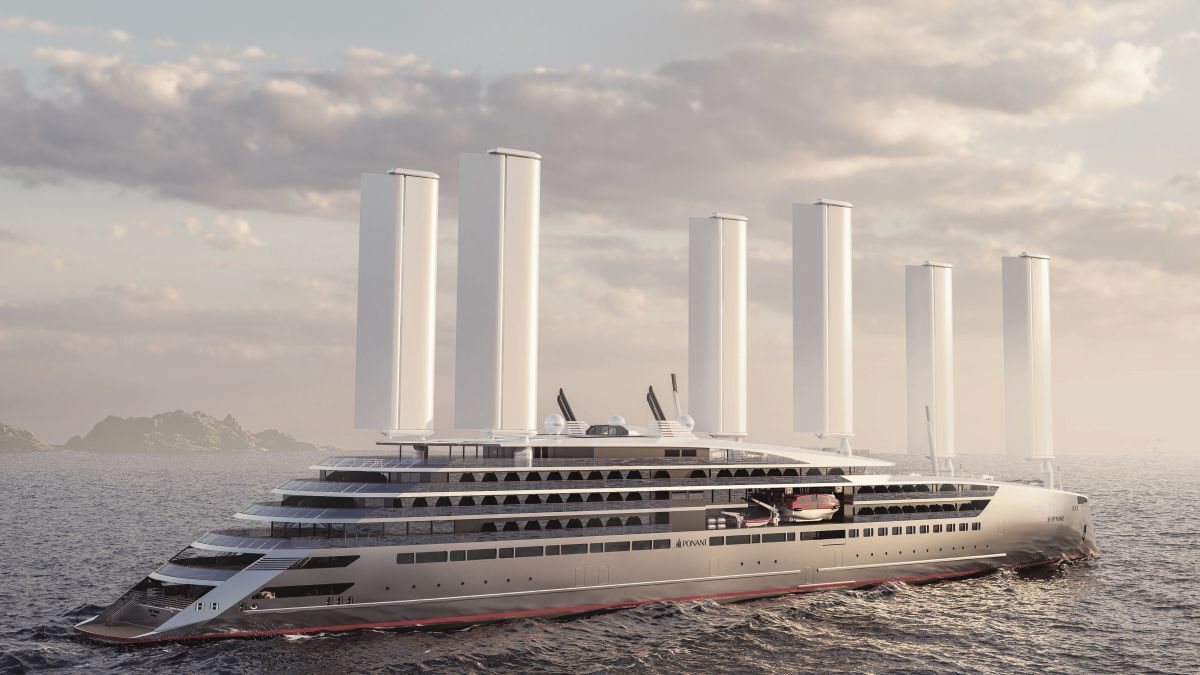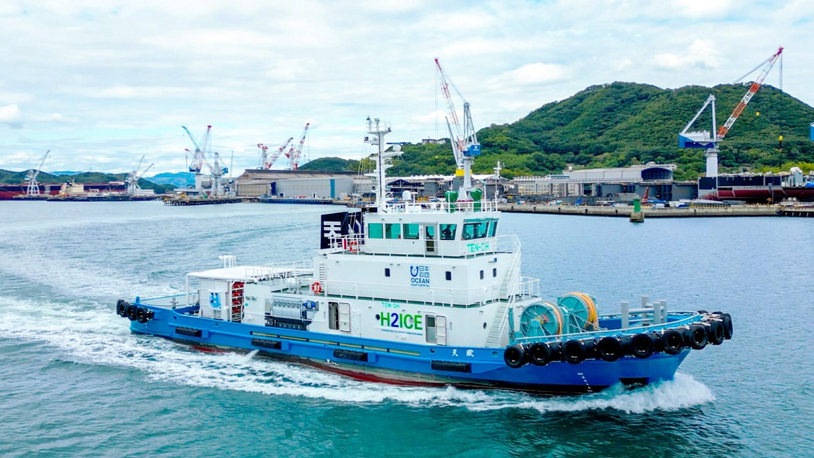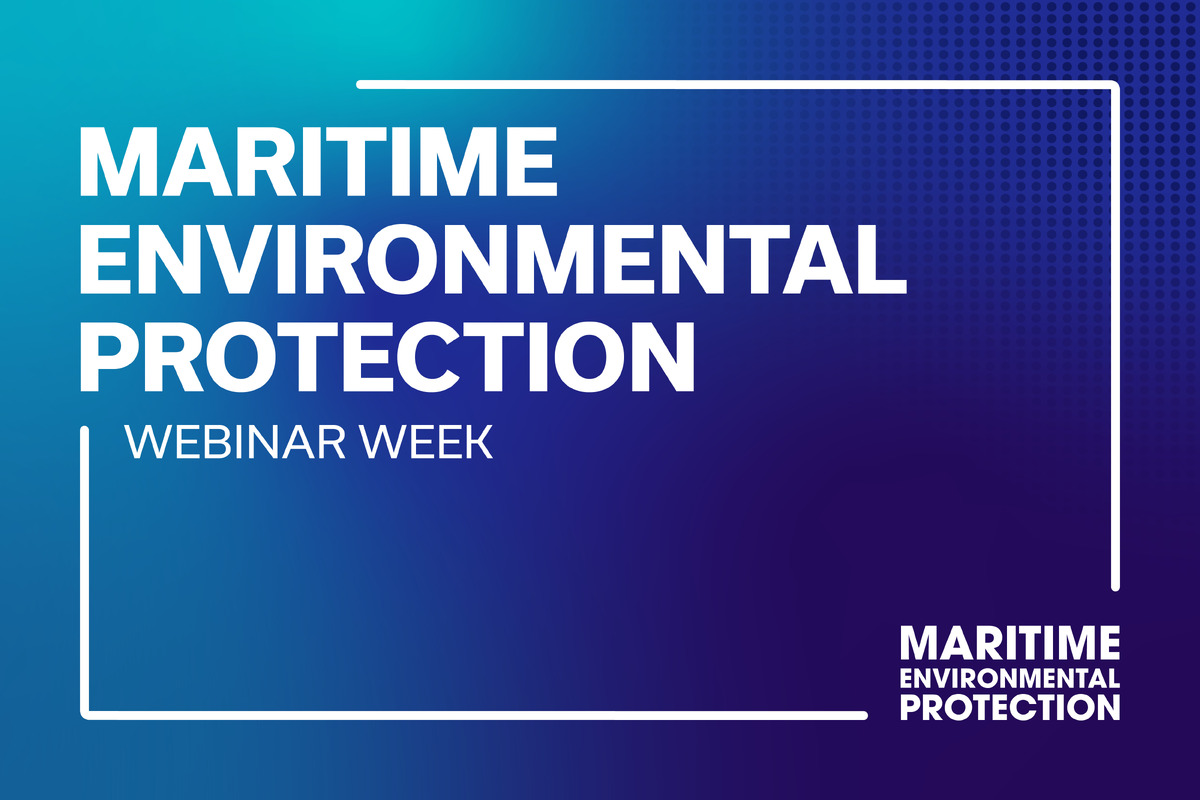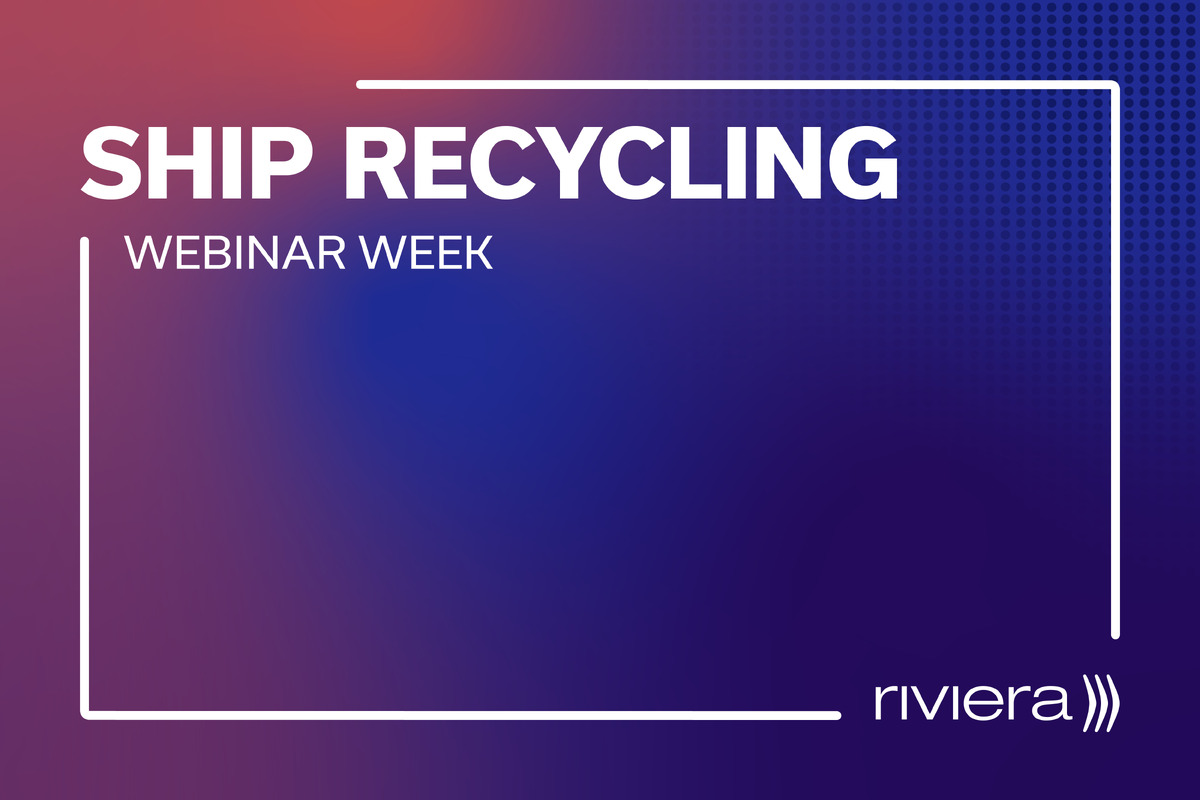Business Sectors
Events
Marine Coatings Webinar Week
Contents
Register to read more articles.
The evolving landscape of ship recycling regulation
Ship recycling, once known as ship breaking, is a subject that until fairly recently had little cause to capture the attention of the wider shipping industry
Yet, as the sector accelerates towards decarbonisation, embraces environmental and social governance and adopts new technologies, the importance of responsible ship recycling has become a key consideration for owners, operators and financiers alike. The regulatory environment surrounding ship recycling is inarguably complex but, as there are significant implications for non-compliance with the applicable regulations, a clear understanding of the regulatory framework is essential - though currently challenging to achieve given the legal uncertainties posed by overlapping yet contradictory regimes.
Recent developments: the Hong Kong Convention
A significant milestone has been reached with the entry into force on 26 June 2025 of International Maritime Organization’s (IMO) Hong Kong International Convention for the Safe and Environmentally Sound Recycling of Ships (the HKC) which represents an important step in reaching a global standard; particularly as the world’s leading ship recycling nations — India, Bangladesh, Pakistan, and Turkey — are all signatories. The HKC requires, among other things, ships destined for recycling in party states to maintain an up-to-date Inventory of Hazardous Materials (IHM), which is subject to inspection before an International IHM Certificate is issued. Once the ship is ready for recycling, an International Ready for Recycling Certificate is granted, allowing the ship to be sent to an authorised recycling facility where it is recycled in an environmentally sound manner and in accordance with the ship-specific Ship Recycling Plan.
Despite this progress, the HKC is not without its critics. Drafted between 2006 and 2009, it is seen by some as failing to keep pace with evolving environmental and social standards. Key criticisms include the absence of a ban on the ‘beaching’ method of recycling, inadequate provisions for downstream waste management and a lack of robust worker safety measures. On the other side of the argument, the architects of the HKC argue that these provisions were intentionally excluded from the remit of the HKC on the basis that downstream waste management is covered by the scope of the Basel Convention, which they say - post entry into force of the HKC - will continue to apply to the disposal of hazardous wastes outside of a yard, while labour issues are addressed by the various Conventions adopted by the International Labour Organization.
The Basel Convention and EU regulations: a web of complexity
The regulatory landscape has been dominated by the Basel Convention on the Control of Transboundary Movements of Hazardous Wastes and Their Disposal, in force since 1992. Although originally intended to regulate hazardous waste in general, the Basel Convention has, in practice, been applied to the export of ships as ‘scrap’ for nearly two decades. The Ban Amendment to the Basel Convention, effective since December 2019, prohibits the export of hazardous waste, including ships being exported for scrap, from OECD countries and the European Community to non-OECD countries, including major ship recycling nations such as India, Pakistan and Bangladesh.
Within the European Union, the Basel Convention and its Ban Amendment are implemented through Regulation (EC) No 1013/2006 on waste shipments (the European Waste Shipment Regulation or EU WSR). This regulation is implemented to any ship, regardless of its flag, leaving European waters for recycling and prohibits such ship from being recycled at a yard in any non-OECD country (ie at yards in India, Pakistan and Bangladesh). The South Asian countries of India, Bangladesh and Pakistan have dominated the ship recycling market for more than two decades and are able to achieve such a dominant position by paying the most competitive prices for end-of-life ships. Consequently, many in the industry maintain that the European Waste Shipment Regulation, vis a vis ships for recycling, has been unsuccessful. That said, there have been various successful prosecutions brought by EU member states for breaches of the European Waste Shipment Regulation.
Ahead of the Hong Kong Convention’s entry into force, the EU Commission introduced further legislation for regulating the recycling of EU-flagged ships and 30 December 2013, the European Union established the European Regulation No. 1257/2013 on ship recycling (the EU Ship Recycling Regulation or EU SRR) which, largely mirroring the provisions of the HKC (the EU Ship Recycling Regulation goes slightly further than the HKC), regulates the safe and environmentally sound recycling of European flagged ships and sets out rules to ensure the proper management of hazardous materials on such ships.
The EU Ship Recycling Regulation applies to any EU-flagged ship and provides that, among other things, any EU-flagged ship, regardless of where it is in the world when the decision is taken for it to be recycled, is required to be recycled at a yard included in the European List. However, no South Asian yards are included in European List, primarily because these countries are not in the OECD. Therefore, despite certain facilities in Turkey being included, the yards in the European List do not collectively provide sufficient capacity to recycle all ships falling under the scope of the EU Ship Recycling Regulation. This regulation has arguably not been particularly effective as there is no prohibition on EU owners transferring ships out of the relevant EU flag before recycling.
The challenge of achieving regulatory equivalency
A major obstacle to resolving these regulatory conflicts is the lack of equivalency between the HKC and the Basel Convention. For the HKC to supersede the Basel Convention, in so far as it relates to ship recycling, a future Conference of the Parties (COP) to the Basel Convention must agree that the HKC is equivalent in scope and subject to the Basel Convention. Although the Vienna Convention on the Law of Treaties provides that the more recent treaty should take precedence if both are of the same scope and subject, equivalency between the HKC and the Basel Convention has not yet been recognised. An attempt in 2011 to secure this recognition failed and the issue is unlikely to be revisited by the COP until at least 2027.
In the meantime, possibly because the EU is a signatory to the Ban Amendment, it cannot expand its list of approved recycling facilities (ie those included on the European List) to include modern, compliant yards in South Asia, as these are in non-OECD countries to which such export is banned. This is despite significant investments in health, safety, environmental management and third-party certification made in these regions in advance of the entry into force of the HKC.
Navigating the current regulatory maze
Until the regulatory framework is harmonised and a coherent set of regulations are in place, ship owners and operators must carefully plan for the end-of-life disposal of their vessels. Under the European Waste Shipment Regulation, even exchanges of communications with a broker about future disposal can render a ship to be deemed legally as ‘waste,’ triggering the regulatory obligations thereunder. Directors must remain vigilant, as regulators and NGOs are actively monitoring compliance and are prepared to take action against infractions.
The demand for sustainable ship recycling is only set to increase, and the current patchwork of regulations is both difficult to navigate and prone to avoidance. It is important that industry stakeholders press for regulatory equivalency of the HKC with the Basel Convention which, if agreed, would pave the way for amendments to the EU Ship Recycling Regulation (to include facilities in South Asia) and the disapplication of the European Waste Shipment Regulation to ships flying the flag of a HKC party.
Only once the question of equivalence is addressed can the industry have a clear, effective, and sustainable framework for ship recycling. In the meantime, owners must proceed with great caution and obtain legal and practical advice on the steps they can lawfully take to dispose of their end-of-life ships.
Sign up for Riviera’s series of technical and operational webinars and conferences:
- Register to attend by visiting our events page.
- Watch recordings from all of our webinars in the webinar library.
Related to this Story
Events
Marine Coatings Webinar Week
Maritime Environmental Protection Webinar Week
Ship Recycling Webinar Week
© 2024 Riviera Maritime Media Ltd.
